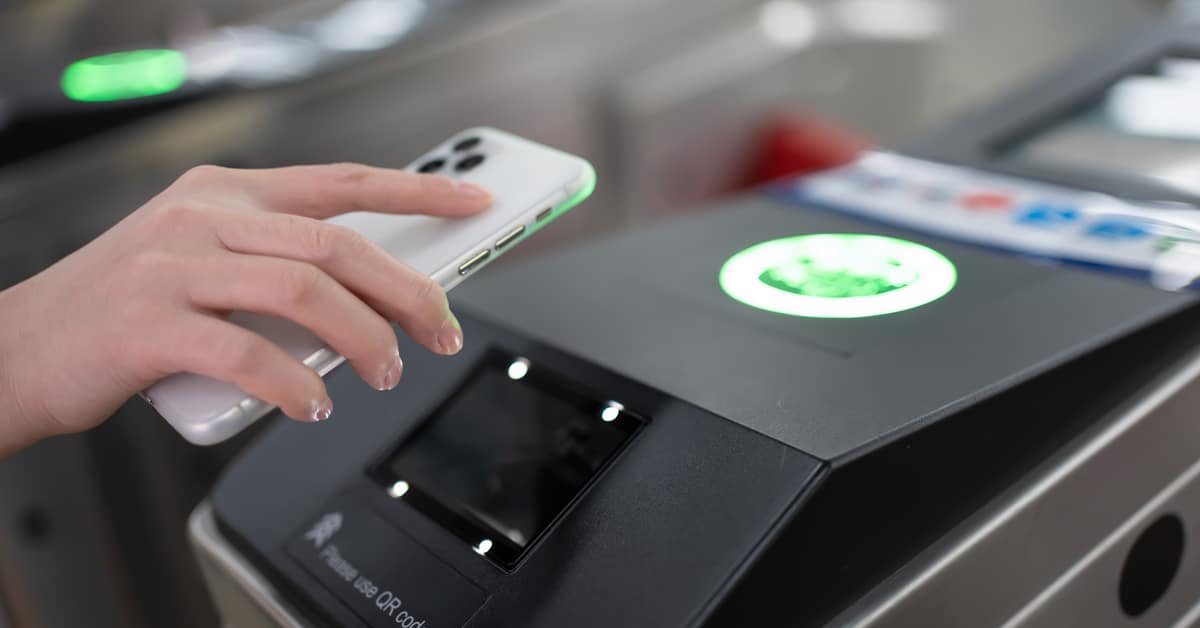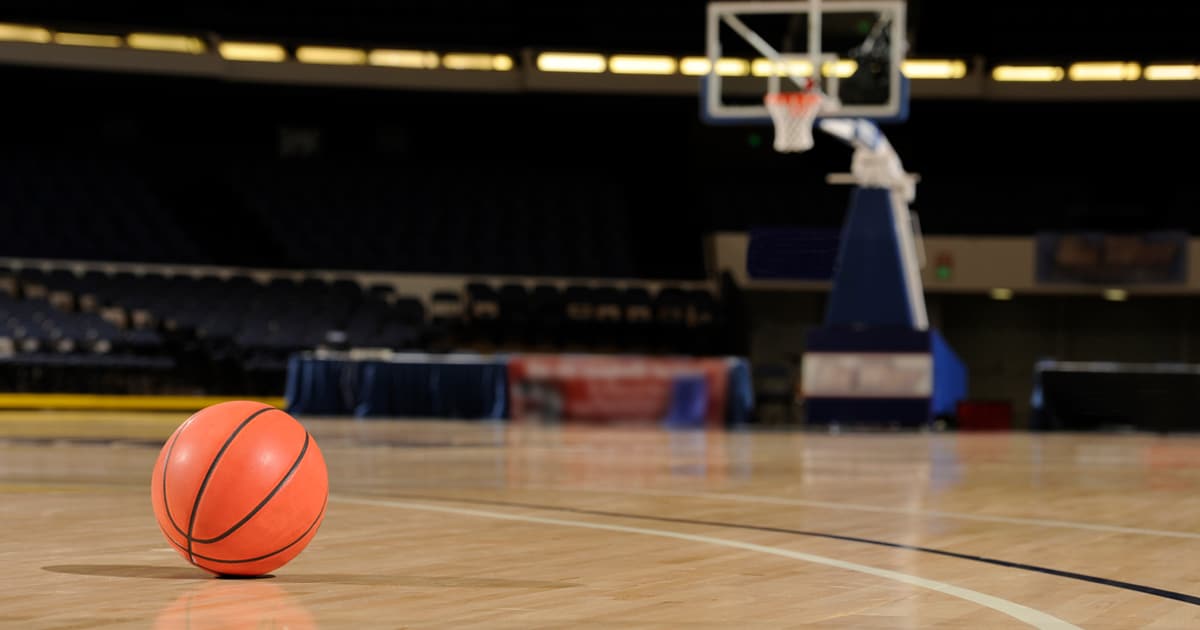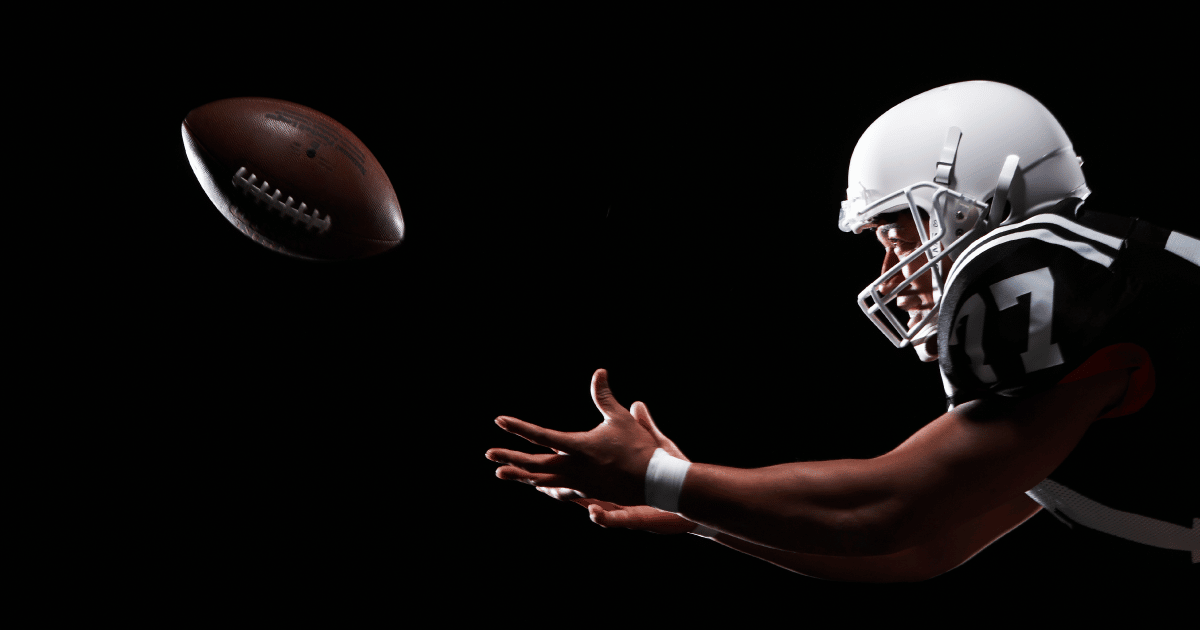For those of you not keeping score, a lot has changed in the world of professional sports over the past…
Time to Rally

If there’s one thing that’s always been consistent about sports, it’s that it brings people together. Being a fan is a great equalizer and once you play or cheer for a team your differences become irrelevant.
In the sponsorship business, we call this tribalism. Companies that invest in sponsorship recognize this phenomenon as a primary attribute of sports sponsorships.
Tribalism can literally influence consumers’ behaviors. I’m a Packer fan and Aaron Rogers uses State Farm, so I’m going to trust them with my insurance needs; I’m a Laker fan and Lebron James drinks Sprite, therefore I’m going to buy Sprite the next time I go to the store.
Perhaps we can use tribalism to our advantage in a very unique way.
It’s not hard to see that over the past couple of decades player salaries, as well as owner’s profits, have skyrocketed. It would be safe to say that as a society we have prioritized our sports teams over other important issues we face like education, healthcare, and social justice.
Let this reinforce my point. In 2019, Mike Trout signed a 12-year deal worth $456M; Stephen Curry inked a 5-year deal worth over $200M; Patrick Mahomes has a 10-year deal worth over $500M; Sidney Crosby has a 10-year deal worth $104M. These are the highest paid players in their respective leagues but also great examples of how sports have grown too big for all of our collective good.
In simple terms, this is also why it costs $100 to buy a ticket, $20 to park, and $10 for a can of beer when you go to a game.
The collective salaries of professional athletes in the NBA, NFL, NHL and MLB are measured in billions of dollars annually. As astronomical as that may seem, the owners are making even more.
Let me be fair here too. Many professional athletes have formed their own charities and in some cases, affiliations with specific charities. I respect that and in no way is this blog or my idea anti-pro athlete or owner.
My point is that there is simply way too much money in sports today and not nearly enough money to create the equity our athletes are standing (or kneeling) for.
I don’t want to sound like I don’t appreciate the efforts that players, teams, and leagues are making to bring social justice to the forefront. I just believe it needs to be backed up by funding initiatives that create real change.
People who are socioeconomically disadvantaged need opportunities to be educated. Education is the key to making your way out of poverty. A much more reasonable salary cap in the four major sports leagues coupled with restrictions on owner’s profits could funnel billions of dollars into underserved communities for enhanced educational opportunities, after school programs, preventive healthcare, and family assistance programs that help people become better parents.
I’m pretty sure that Mike Trout would still play baseball if he made $3M a year as opposed to the $36M he’s making now. We simply don’t need to pay players these kinds of salaries.
I still want professional sports to generate vast sums of revenue, I just want to repurpose where it goes.
I realize that I’m way outside the lines here. Our country has uncovered a real problem and it’s going to take some dynamic thinking to correct it. Think about all the communities our teams represent and the good that we could do if we just reprioritized things a bit.
You’d still have professional sports, but that $20 parking fee, $100 ticket, and that $10 beer would actually be doing some real good for people in our community as opposed to buying another speedboat, mansion, or sports car for some athlete.



